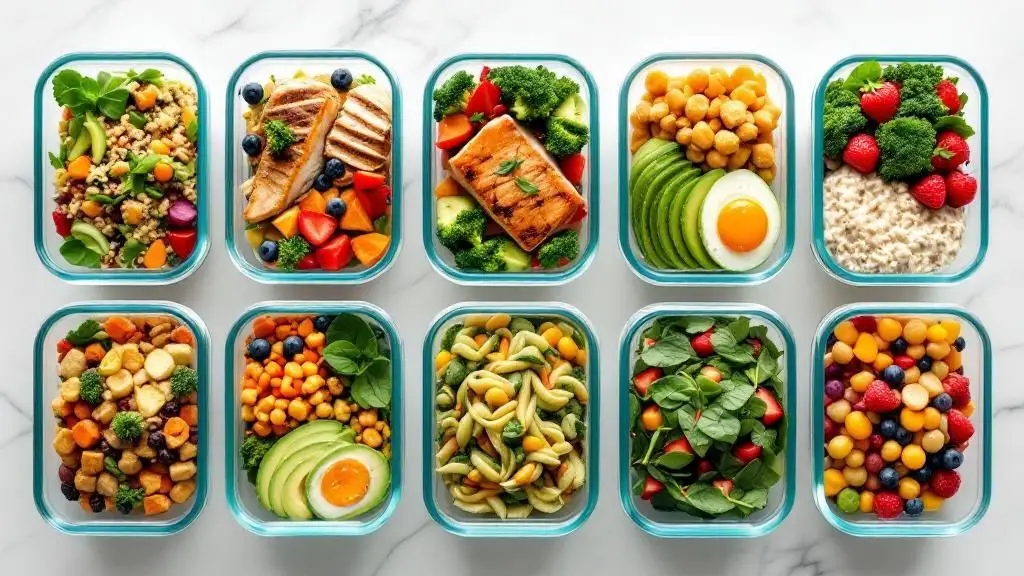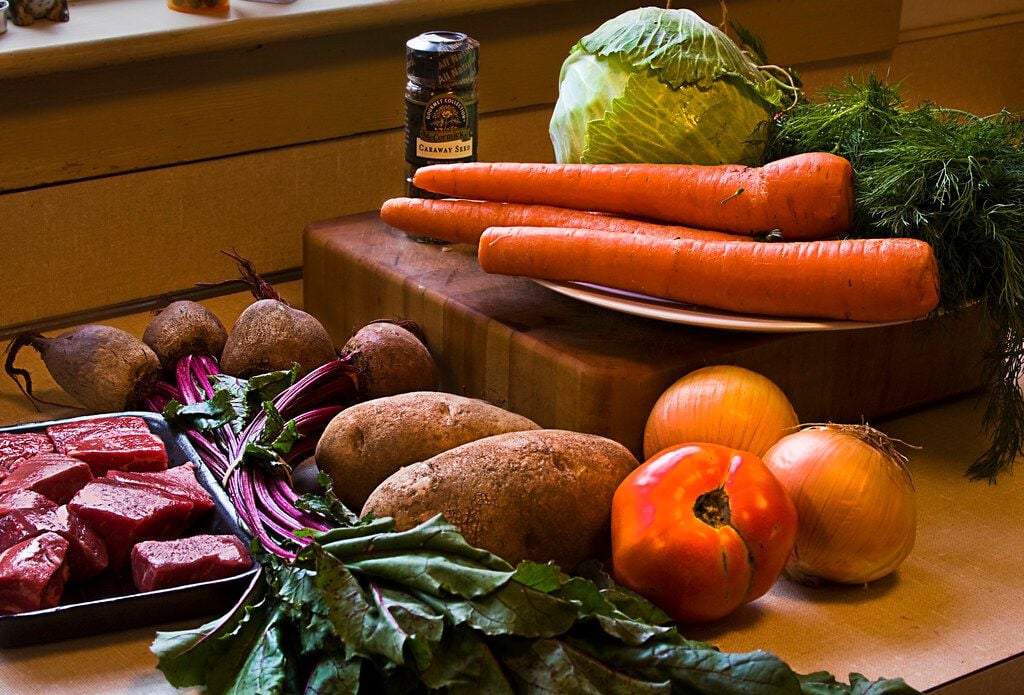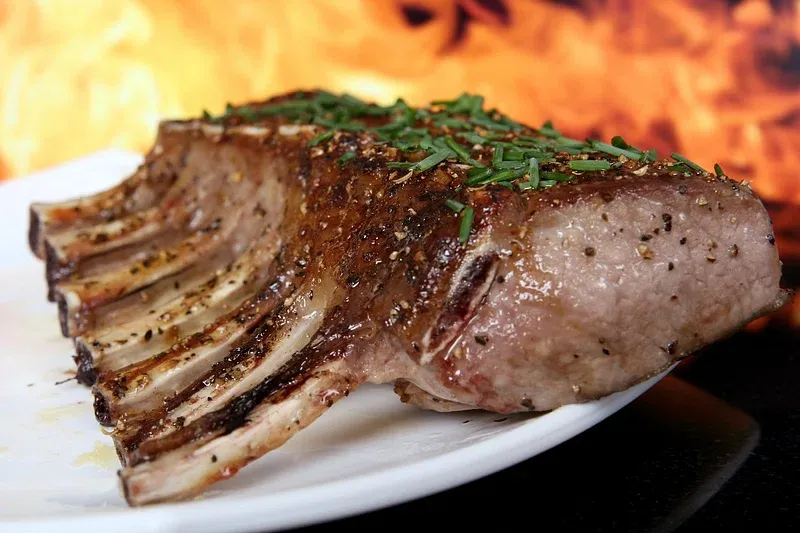
The Art of Keeping Eggplants Fresh
- Jul 16, 2024
Eggplants are a wonderfully versatile food found in your local grocery store or farmer's markets, featuring in recipes from Eggplant Parmesan to Baba Ganoush. However, these peculiar fruits have some quirks when it comes to their storage and upkeep. According to Vera Fabian, a farmer and co-owner of Ten Mothers Farm in Cedar Grove, North Carolina, "Eggplants dislike cold storage". Why? Eggplants easily lose their freshness and develop a bitter flavor due to cellular damage in low temperature.
Eggplants come in a myriad of shapes and colors, and each variety shares a common trait: the desire to be stored at cool, not cold temperatures. Fabian suggests that the ideal range is between 55 and 60 degrees; the temperature of your average tomato cooler or even your wine cooler. This temperature keeps them in optimum condition for around ten days.
If a wine cooler isn't part of your kitchen lineup, never fear. You can confidently store an eggplant at room temp on your countertop away from direct sunlight, or in your pantry. The key is to seek out a location that's cool but not too cold. For longer storage, take the extra step of wrapping your eggplant in a paper bag or towel. This acts as insulation and moisture absorption. Place the wrapped eggplant on the top shelves of your fridge, ideally in an opened plastic or produce bag.
Observing the condition of your eggplants can provide a telltale clue about their freshness. "The skin should be shiny, lustrous, and the fruit firm to touch," Fabian says. When the firmness subsides and the shine dulls, the fruit has lost its freshness. Furthermore, Fabian warns against buying eggplants with visible pockmarks – a surefire sign of cold damage.
As a tip, if your eggplant does show pockmarks or has lost its shine, don’t fret! A few additional prep steps like peeling and salting helps draw out any bitterness. Remember, you want to cook your eggplant at the earliest chance you get. Roasting is a simple method, just slice it in halves or chunks, spray a bit of oil and sprinkle some salt, then roast at 425 degrees F for 20-25 minutes. It’s then good to go for up to a week in the fridge.
To keep your eggplant longer, roast first, let it cool, spread out on a sheet pan and freeze it. Then simply move it into a ziplock bag. Thawed, frozen eggplant is fantastic in room temperature salads or can be transformed into delightful dips.
Eggplants are an interesting fruit. Technically categorized as berries, they form on a single flower and belong to the nightshade family, sitting alongside tomatoes and potatoes. You'll find these gems at U.S. farmer’s markets from July through October, with their star turn in August.






